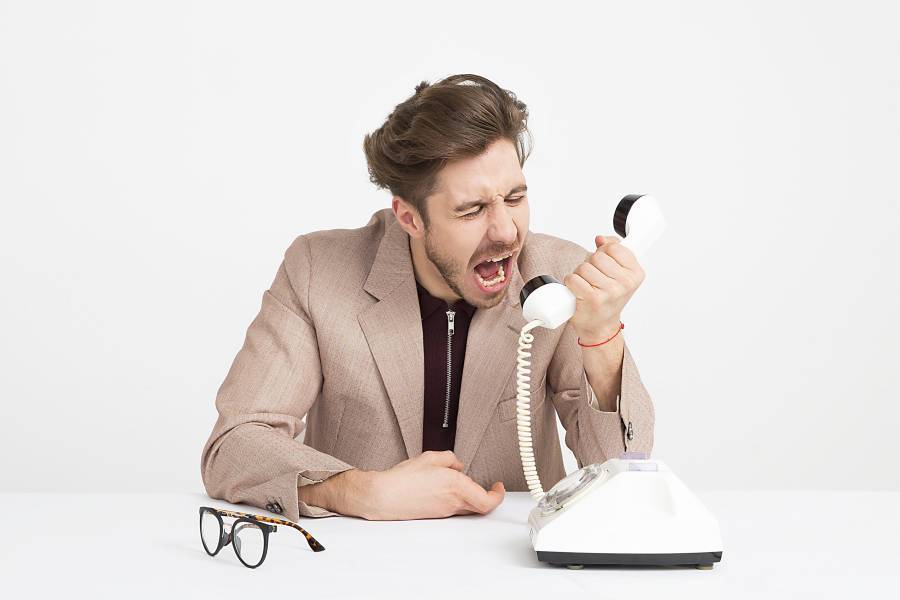Before 2019, Elon Musk was a version of a rock star — maybe he still is — we sure follow what he does. He takes drugs, stays out late and dates famous women. He also runs four companies and is worth $20 billion. In a 2016 poll, startup founders named him their most-admired tech CEO.
But be honest, would you really want to be Elon Musk? If press reports are to be believed, his life is a hellish, sleepless slog. In a recent New York Times interview, he got emotional several times and confessed that “it is often a choice of no sleep or Ambien.” If you’ve ever run one company, you can only imagine what it’s like to run four. He has described his life as one of “unrelenting stress” and “terrible lows.”
Musk is a unique individual for sure, but the plight of the overstressed billionaire is well known. Being a billionaire doesn’t automatically mean you’re a happy person. It may undoubtedly suggest that you aren’t a nice person — at least not in a business context.
What is it with entrepreneurs? Do you have to be miserable to be an entrepreneur?
Some entrepreneurs seem like they’re not balanced people.
The list of your favorite entrepreneurs is a rogue’s gallery of creeps. Jobs let his biological daughter collect welfare while he made millions. Jeff Bezos has a litany of insults that he unleashes on employees who let him down, including, “Are you lazy or just incompetent?” Larry Page liked to count loudly (“one thousand, two thousand”) when a product demo would load slowly. He and Sergey Brin liked to provoke arguments among new hires just for fun. No wonder Aereo founder Chet Kanojia has argued that most entrepreneurs are “miserable, dissatisfied human beings.”
Why? Entrepreneurs aren’t balanced people; they are too obsessed with proving something to….someone.
Musk had an abusive father who never gave him his full attention. When he was a kid growing up in South Africa, Musk was the smallest and youngest kid in his class and was bullied on a daily basis. “The gangs at school would hunt me down — literally hunt me down,” Musk told Rolling Stone.
Yvon Choinard, the founder of Patagonia, has said that if you want to understand an entrepreneur, you need to study juvenile delinquents.
Entrepreneurs don’t like being told what to do and they want to prove people wrong. Those people could be parents, former employers, friends or themselves. Jeremy Andrus, the founder of Skullcandy, said rejection is his fuel. You could just as easily gather a list of blind quotes from serial killers and entrepreneurs and play a game of Who Said Which.
It’s not about the money; it’s about something else.
It’s possible that these jerky entrepreneurs didn’t start that way. Put yourself in the shoes of a top founder/CEO.
You’re plagued by self-doubt, but you need always to act like you have all the answers. You can’t let on to the board that you don’t know the answer to any given question but present the image of an all-knowing deity. Any momentary feeling of satisfaction gets undercut by the worries of whether you’re growing fast enough.
If you aren’t profitable yet, then there’s the constant hassle of worrying about running out of cash or having to raise some money. Today’s challenges quickly overshadow Yesterday’s victories. That’s why when entrepreneurs like Musk sleep like babies — they wake up in the middle of the night crying.
Like professional athletes heading into a big game, CEOs can’t ever let on that they’re not crushing it.
In this case, telling the truth is a major gaffe and a PR disaster. Of course, some are crushing it, but then there’s always something — a bad earnings call, an app upgrade that goes off the rails — that will derail your success and possibly get you booted from your own company. Such thoughts have a way of hitting at three am to build something that will bring you new success. Boo hoo, you say? It’s hard to shed a tear for privileged entrepreneurs while 40 percent of Americans don’t have $400 on hand in case emergency.
I hear you, but it’s not about the money. If it’s not about the money, why would so few entrepreneurs tap out after a successful exit?
The average middle-class wage slave would be happy to retire with $1 million in the bank, but people worth tens or hundreds of millions of dollars can’t bring themselves to drop out. Instead, they stick around, trying to prove to themselves that they can do it again. You could almost say it’s some societal codependency; the output is good for the economy, so maybe entrepreneurs are like ants who sacrifice themselves for the more celebrated colony.
On a personal level, it’s a constant dissatisfaction with the way things are and a preoccupation of how they “should” be. It never ends. Sometimes, like the late-era Michael Jordan, you wish they’d call it a day already.
Maybe startup founders are looking for fulfillment they never got elsewhere.
Steve Jobs named one of his breakthrough computing creations, Lisa, after his daughter. That is not far off from how founders feel about their companies. A Finnish study measuring brain activity found that entrepreneurs had similar feelings that they had for their children — love and connection. No wonder so many are ambivalent about exits, even very lucrative ones.
The problem is that companies don’t love you back. They can even reject you.
Apple booted Jobs in 1985. Papa John’s founder John Schnatter is carrying on like a spurned lover after his company cut ties with him. Groupon ejected founder Andrew Mason. Yahoo cut Jerry Yang loose. Uber showed Travis Kalanick the curb. Such is the paradox of entrepreneurship: you need to love your company unconditionally, but companies continuously require you to prove you to be worthy of love in return.
The anti-Elon.
The well-rounded entrepreneur is an oxymoron. Every successful entrepreneur I’ve run across is on a roller coaster ride of ups and downs; on some continuum between only temporarily relaxed and going “full-Elon.”
Well, not everyone. The mirror image of Elon is Richard Branson. Branson is also pursuing commercial space flight and has his hand in many businesses, but Branson appears happy. Last year, he offered a few tips: Be present, spend time with family, don’t sweat the small stuff, make happiness a habit.
While Musk sees AI as the apocalypse, sunny Branson believes automation will pave the way for a three-day workweek. From appearances, Branson isn’t happy because he’s an entrepreneur, but in spite of it.
There’s no doubt this is much easier at this stage in Branson’s career than when he was busy trying to make his first billion. Indeed, experience over time can make you immune to the incredible highs and lows — if you let it. But it appears that immunity has to be a continual work in progress. Prioritizing happiness means that Branson likely doesn’t need Ambien to sleep at night — maybe.
But then again, if you had to bet, who do you think would get to Mars first?


















